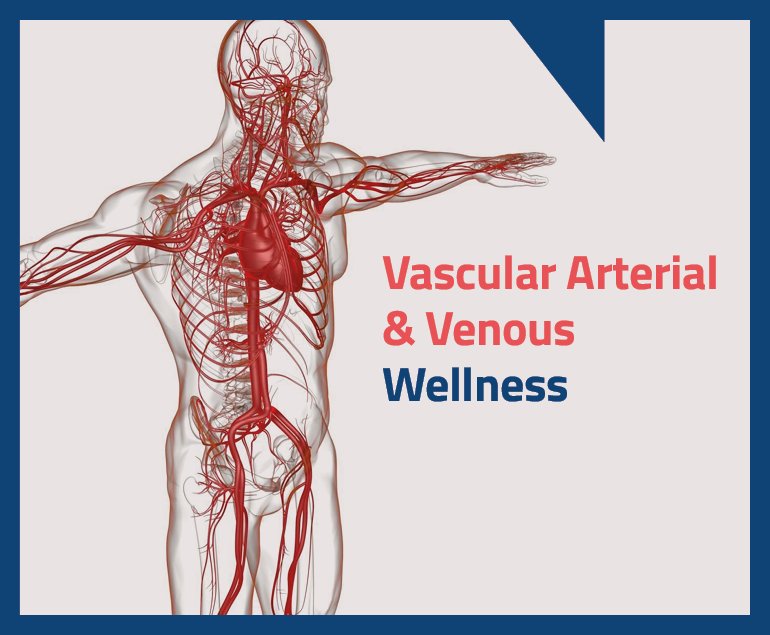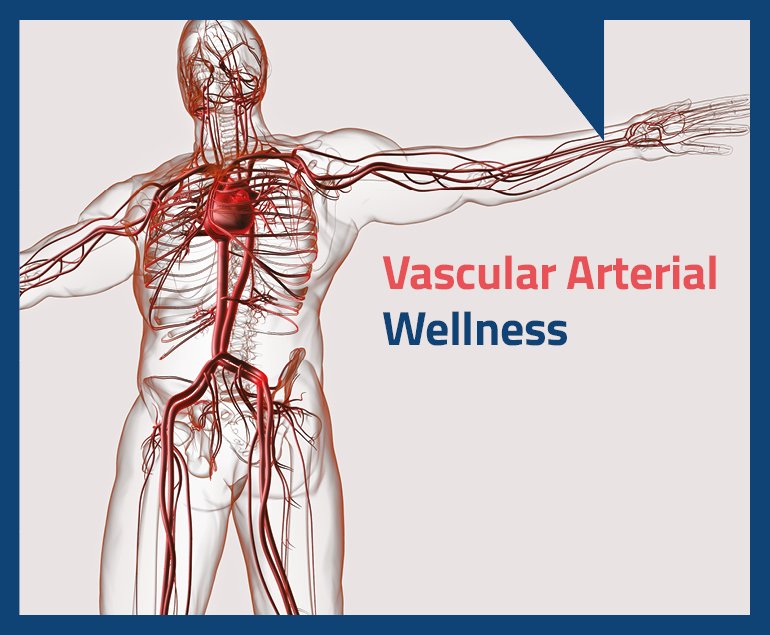Overview of Cardiac Radiology & Diagnostics at Northern Heart Hospital
Diagnostic and radiology treatments play a pivotal role in cardiac care by providing crucial insights into heart health and facilitating accurate diagnoses. These services encompass a range of imaging modalities such as Electrocardiograms (ECGs), echocardiograms, chest X-rays, MRIs, and CT coronary angiography, among others. At Northern Heart Hospital, our diagnostic and radiology services are at the forefront of cardiovascular care, offering state-of-the-art technology and expertise to ensure precise evaluations and timely interventions. Through advanced imaging techniques, we can assess cardiac anatomy, function, and blood flow, enabling us to detect abnormalities, monitor disease progression, and tailor treatment plans accordingly. With a multidisciplinary team of skilled professionals and comprehensive diagnostic capabilities, Northern Heart Hospital is committed to delivering exceptional cardiac care, placing a strong emphasis on early detection, accurate diagnosis, and optimal patient outcomes.
Experienced Cardiac Radiology & Diagnostics providers in the region at Northern Heart Hospital
Dr. Too Seng Chin
At Northern Heart Hospital, accurate, reliable, and timely diagnoses are essential for positive health outcomes, especially for infectious diseases. The diagnostic process begins when a patient presents symptoms, initiating rounds of information gathering, integration, and interpretation to form a working diagnosis. This process involves effective communication between the patient, family, and healthcare professionals.
Key sources of information include the patient’s clinical history, physical examination, diagnostic tests, and consultations with other clinicians. The goal is to rule out differential diagnoses and keep the patient informed about the diagnosis and its reliability. The working diagnosis is continuously refined as new data emerge, and any changes are communicated to the patient.
Verification of the diagnosis involves comparing it with the patient’s symptoms and health status, ensuring that only necessary tests are conducted. While some tests may be invasive, they are crucial when current information is insufficient. Patient treatment may start before the final diagnosis, but ongoing care is optimised by reducing uncertainty. The results of initial treatments help refine the diagnosis.
Diagnostic testing, a cornerstone of modern diagnosis, includes laboratory tests, pathology, imaging, and screenings for mental health, sleep apnea, vision, hearing, cognition, and neurological status. These tests are vital for early detection and accurate diagnosis, enabling effective treatment planning.
Northern Heart Hospital offers an in-house laboratory that offers a comprehensive array of clinical laboratory services, including haematology, biochemistry, immunology and serology, microbiology, and histopathology. These laboratory tests are essential for helping doctors prevent, diagnose, monitor, and treat a wide range of medical conditions.
Northern Heart Hospital’s approach to screenings in healthcare emphasises early detection and treatment of diseases and conditions through the use of the latest technology for accurate diagnosis. As a diagnostic centre, the hospital is supported by its radiology and imaging departments, aiming to help maintain your heart health effectively. This approach is the best way to manage and reduce health risks, thereby enhancing your quality of life.
Dedicated to continually improving every aspect of patient experience, Northern Heart Hospital is committed to providing comprehensive screening services, check-ups, and tests in a comfortable and safe environment.
Northern Heart Hospital offers a full range of diagnostic and radiology scans and imaging to accurately diagnose and treat patients. Our departments provide daily services for inpatients, outpatients, and emergency patients of all ages. Our specialised radiologists and highly trained healthcare professionals work as a team to interpret your imaging reports and assist your medical team in making the best decisions for your treatment.
Click here to learn more about our Medical Facilities
Diagnosis
- Electrocardiogram (ECG): An ECG is a diagnostic tool used to record the heart’s electrical activity, producing a graph that shows heart rhythm within a minute. This test helps diagnose various heart diseases and arrhythmias.
Estimated completion time: 5–10 minutes. - Exercise Stress Test (Treadmill): This test involves walking on a treadmill to help diagnose coronary artery disease and investigate irregular heart rhythms.
Estimated completion time: 25–35 minutes. - Echocardiogram (ECHO): An ECHO uses high-frequency sound waves to create moving images of the heart, assessing its function and detecting valvular heart diseases.
Estimated completion time: 20–30 minutes. - Stress Echocardiogram (Stress ECHO): Combining an exercise stress test with ultrasound imaging, this test provides detailed information on ischemic heart disease by examining heart muscle contraction before and after exercise.
Estimated completion time: 30–45 minutes. - Dobutamine Stress Echocardiogram: For patients unable to walk, this test uses an IV Dobutamine infusion to mimic exercise, providing detailed ultrasound images of heart muscle contraction at various stages.
Estimated completion time: 60–90 minutes. - Ambulatory Electrocardiography Monitoring (Holter): A portable device that records heart activity over 24 hours, useful for detecting irregular heart rhythms.
- Ambulatory Blood Pressure Monitoring (ABPM): This device measures blood pressure at regular intervals over 24 hours while the patient goes about their daily activities.
- Cardiac Event Recorder: This device records the heart’s electrical activity during symptoms, capturing information before, during, and after symptoms occur, providing a comprehensive view for clinicians.
Radiology
- MRI Machine (Magnetic Resonance Imaging): Uses strong magnetic fields and radio waves to generate detailed images of organs and tissues within the body, especially useful for soft tissue evaluation.
- Computed Tomography (CT): CT scans use advanced X-ray technology and computer processing to create high-resolution 3D images of internal organs, aiding in precise diagnoses and surgical planning.
- CT Coronary Artery Calcium Scan: This scan measures calcium deposits in the coronary arteries, indicating the risk of heart disease. A high score may lead to further evaluation with a CT Coronary Angiogram.
Estimated completion time: 5–15 minutes. - Mammography: Used to detect early signs of breast cancer and other breast diseases, this imaging technique is crucial for preventive health care.
Estimated completion time: 10–15 minutes. - CT Coronary Angiogram (CTCA): A non-invasive study that provides detailed images of coronary arteries, identifying the presence and extent of coronary artery disease. It allows patients to resume daily activities post-examination.
Estimated completion time: 20–30 minutes. - General X-ray: A common diagnostic tool that provides a quick view inside the body, aiding in the diagnosis and monitoring of various conditions.
- Portable X-ray/Mobile X-ray: Designed for use in settings like ICUs where patient mobility is limited, these units bring diagnostic capabilities directly to the patient’s bedside.
Estimated completion time: 10–15 minutes. - Bone Densitometry (DEXA): The gold standard for diagnosing osteoporosis, DEXA scans measure bone density using low-dose radiation to assess bone loss, particularly in the spine and hips. Estimated completion time: 10–15 minutes.
- Ultrasound: This imaging technique uses sound waves to produce images of internal organs and tissues without radiation. It can capture real-time images of body parts in motion, such as the heart and blood vessels. Estimated completion time: 25–40 minutes.
Radiology & Diagnostics - Frequently Asked Questions
Heart disease refers to a range of conditions affecting the heart, including coronary artery disease, heart failure, arrhythmias, and congenital heart defects.
Heart disease is diagnosed through a combination of medical history, physical examination, blood tests, and diagnostic tests such as ECG, echocardiogram, stress tests, and cardiac catheterisation.
Risk factors include high blood pressure, high cholesterol, smoking, obesity, diabetes, a sedentary lifestyle, family history of heart disease, and age.
Treatments range from lifestyle changes and medications to medical procedures such as angioplasty, stent placement, coronary artery bypass grafting (CABG), heart valve repair or replacement, and in severe cases, heart transplantation.
While some forms of heart disease can be managed effectively with treatment, many types of heart disease are chronic and require lifelong management.
Regular monitoring is crucial for managing heart disease. It helps track the progress of the condition, assess the effectiveness of treatments, and make necessary adjustments to the care plan.
If you experience symptoms of a heart attack, such as chest pain, shortness of breath, nausea, or lightheadedness, please call our emergency hotline at +604 217 5555 or proceed directly to our 24-hour Emergency Department
If you experience chest pain, difficulty breathing, or irregular heartbeats, it’s advisable to consult a cardiologist. Routine appointments are suggested for those with conditions like high blood pressure or diabetes.
Explore Northern Heart Hospital’s list of cardiologists here.
Here are some questions you may consider asking your cardiologist
- What is the exact nature of my heart condition?
- What are the potential causes and contributing factors?
- What diagnostic tests or procedures do I need, and what do they involve?
- What are the treatment options available for my condition?
- What are the potential risks and benefits of each treatment option?
- Are there any lifestyle changes I should make to improve my heart health?
- What symptoms should I watch out for that may indicate worsening of my condition?
- How frequently should I follow up with you for monitoring and evaluation?
- Are there any medications I need to take, and what are the possible side effects?
- Are there any support groups or resources available for patients with my condition?
To select a cardiologist, it’s essential to follow a few key steps. Begin by conducting thorough research to find potential candidates. Look into their credentials, reviews, and experience to ensure they meet your standards. Equally important is choosing a cardiologist with whom you feel comfortable and confident in their ability to provide personalised care. Effective communication with your cardiologist is crucial for successful treatment, so prioritise selecting someone with whom you can easily communicate.
Discover top-notch cardiovascular care with Northern Heart’s team of skilled cardiologists. Trust their expertise, dedication, and commitment to your heart health. Schedule an appointment today and experience exceptional cardiac care firsthand.
Related Heart Screening Package
Related Health Blogs
Healthy Hearts Stronger Community
Date: 21st June 2025
Time: 10:00am – 9:00pm
Venue: Sunshine Central, Hotel Atrium, Level 1 , below P…
Torn from Within: Understanding Aortic Dissections and How We Save Lives
Aortic dissection is a life-threatening emergency. At Northern Heart Hospital, we provide expert dia…
From Breathless to Better: A Guide to Pulmonary Embolism and Recovery
A pulmonary embolism (PE) can strike without warning, but with early diagnosis and expert care, full…






